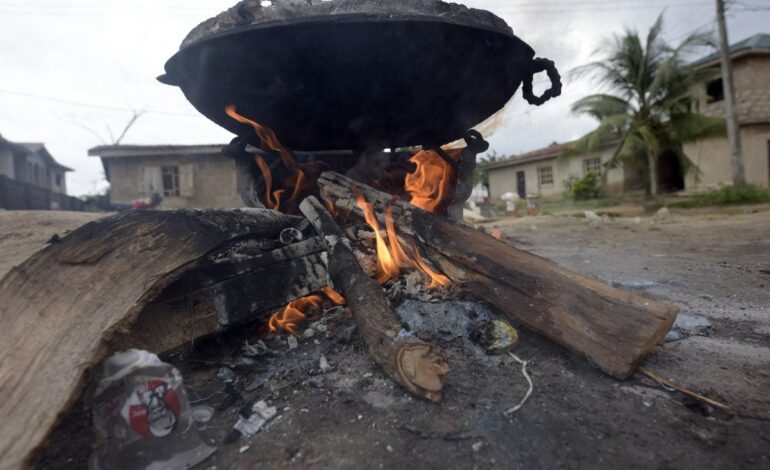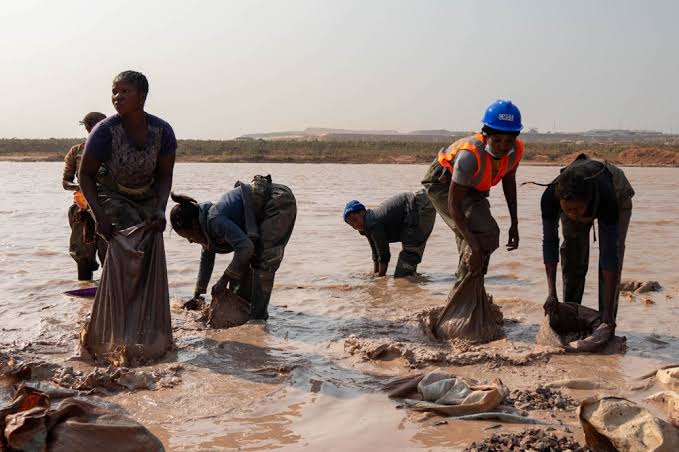
Faith Nyasuguta
While global powers race to mine critical minerals in Africa, Singapore is choosing a different path – one rooted in climate, not minerals. The city-state is increasingly partnering with African nations to generate carbon credits under Article 6 of the Paris Agreement, using them to balance its emissions footprint and sharpen its position as Asia’s carbon-trading hub.
Singapore has already signed full Implementation Agreements with countries like Ghana, Papua New Guinea, and Rwanda as part of its strategy to secure high-quality, nature-based offsets. These agreements establish legal frameworks for carbon credit projects – from reforestation and ecosystem restoration to efficient cookstoves – and provide for shared benefits such as job creation and improved clean water access in host communities.
A recent deal shows Singapore committing roughly $76 million to buy over two million tonnes of carbon credits from projects in Ghana, Paraguay, and Peru – an investment aligned with its Nationally Determined Contribution under the Paris Agreement. Because Singapore is land-scarce and densely populated, large offset projects at home are often impractical.

This makes foreign offsets a practical tool to help meet targets while domestic emissions are reduced through renewable energy imports, solar deployment, carbon capture technologies, and stricter carbon taxation.
Under Singapore’s International Carbon Credit framework, companies liable for carbon tax can use eligible credits from these bilateral agreements to offset up to five percent of their taxable emissions. Projects with partner nations are also bound by safeguards: for example, a portion of proceeds goes toward climate adaptation in host countries, and a share of credits must be cancelled at first issuance to ensure genuine additional emission reductions.
Singapore’s emissions are projected to peak in the next few years – between 2025 and 2028 – before falling toward its 2030 target of about 60 million tonnes of COâ‚‚ equivalent. The city-state extends beyond mere climate diplomacy: it seeks climate credibility. Its multi-country offset strategy reflects a pragmatic recognition that pairing domestic emissions cuts with international offsets will be necessary to stay competitive, meet investor expectations, and support its nation’s climate goals amidst limited land and renewable power constraints.

Still, some critics warn of “carbon grabs,” where carbon credit projects risk undervaluing host countries’ contributions or ignoring social and environmental integrity. Ensuring local benefit, transparency, and ecological safeguards will remain essential.
As China, India, and the U.S. pour resources into extracting minerals, Singapore is building bridges with nature – investing in carbon sinks from Africa to Latin America, turning emissions mitigation into global cooperation.
RELATED:








